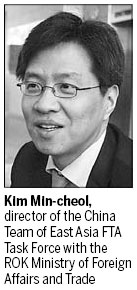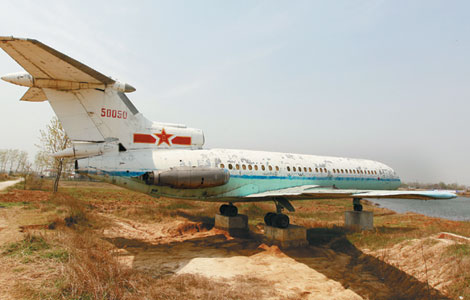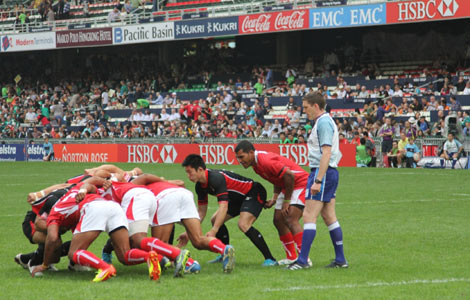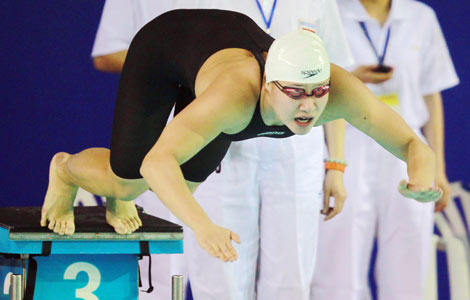 |
|
|
|
|||||||||||
Beijing and Seoul's positions have been "reasoned and well communicated" as they prepare for formal negotiations on a bilateral free trade agreement that is expected soon, Kim Min-cheol, one of Seoul's major negotiators, said in an exclusive interview with China Daily.
 |
Now China and the Republic of Korea are "at the final stage of the preliminary consultations" that precedes the FTA negotiation, Kim said.
"As long as we finish domestic legislative procedures and on-going consultation with the Chinese counterpart goes on well, it (the start of formal FTA negotiation) may happen within the first half of the year," he indicated.
Currently China is the ROK's largest trading partner, export destination and import source, while the ROK is China's third-largest trade partner.
Annual trade between the two nations has climbed to $245.6 billion in 2011, a year-on-year increase of 18 percent.
Given the trade volume, "the importance of the ROK's bilateral FTA with China outweighs those with the US and with Japan", Kim said.
Seoul's enterprises have benefited from booming trade in outsourcing their manufacturing operations to Chinese partners to make products with high added value, including LED screens that are aimed at a third market, Kim said.
"The trade ties between the two countries are complementary rather than competitive."
Many believe ensuring balanced interests is the top priority of bilateral consultation, but Kim does not think so.
"Instead, the emphasis should be on making the 'cake' bigger and on substantial progress in expanding markets," Kim said, adding that the interests of both sides will "naturally achieve a gradual balance" during the process of trade volume growth.
Kim endorsed the communication with his counterparts from Chinese Ministry of Commerce, and said the Beijing team is very professional and reasonable.
"Our shared goal is not for competition, but for feasible answers that are accepted by both nations," he said.
In recent months, farmers protested in Seoul against the China-ROK FTA and claimed that the FTA would mean a "heavy blow" to the agricultural sector.
Kim said farmers fear the FTA with China "because of its comparative disadvantage in pricing", and the agriculture product issue serves as one of "major factors" behind the long preparation for bilateral FTA negotiation.
The Joint Feasibility Study by both countries' delegates from the government, academics and industries was wrapped up in 2010.
The signing of an agreement will lead to reduction of tariffs and boost manufacturing sectors and employments in both countries, and consumers on both sides can have more access to cost-effective products, including Samsung's smart phone, Kim said.
"China's service sectors are also expected to compete more with their ROK counterparts to gain dynamics," he said.
President Hu Jintao and the ROK's President Lee Myung-bak have met officially twice this year to highlight trade's importance in the strategic and cooperative partnership.
Hu held the first talk with Lee during Lee's state visit to China in early January, and both sides agreed to "achieve an early start" of FTA negotiation.
During the second meeting on the sidelines of the 2012 Nuclear Security Summit in Seoul in late March, Hu told his ROK counterpart that China "has confidence in an early achievement of bilateral trade of $300 billion in 2015".
"If the negotiation is initiated, it is not easy road (to the conclusion of the negotiation) ... However, it should not be failed even in the worst case," Kim said.
zhangyunbi@chinadaily.com.cn

|

|

|

|

|

|